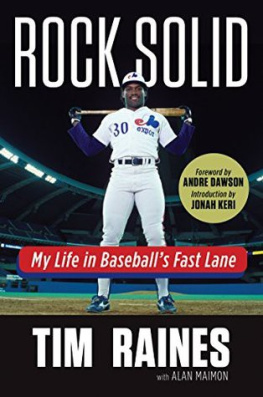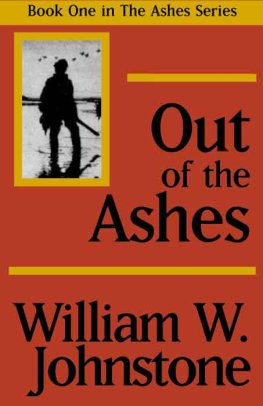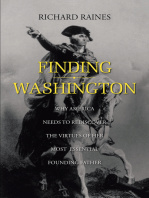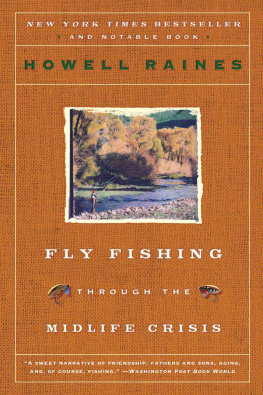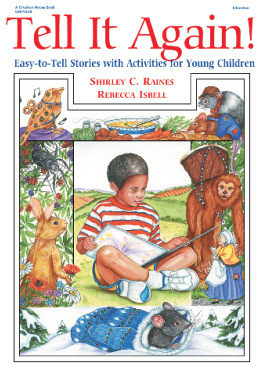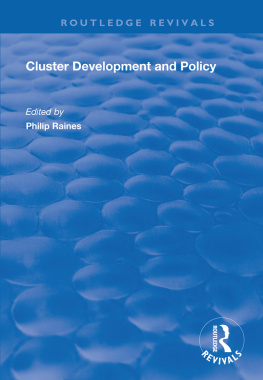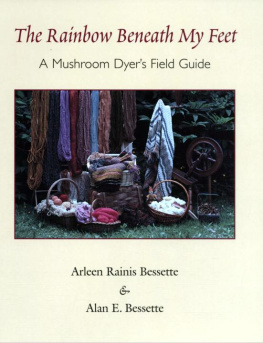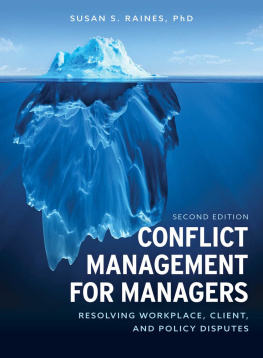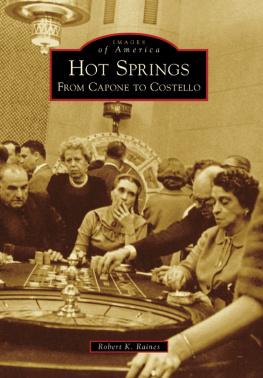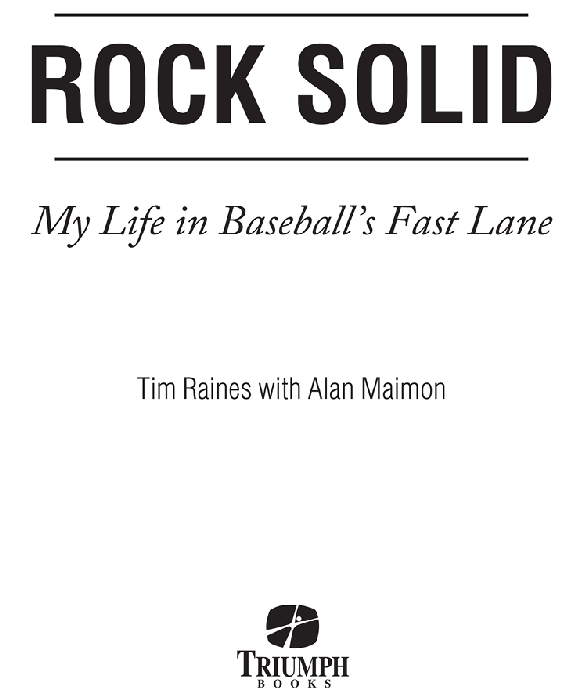
To my parents, Ned and Florence
Contents
Foreword by Andre Dawson
The first time I saw Tim Raines in action was at the end of the 1979 season, when he got called up to Montreal from the minor leagues. My first impression of him was that he didnt look like most baseball players I knew. Built like a running back, he was short and squat (solid as a rock, you might say), and his lightning-fast sprints during pregame warmups only added to his football player vibe. He also had a real baby face, but that shouldnt have been surprising considering he was just a 19-year-old kid.
Some friendships develop quickly. Two people meet, hit it off right away, and remain close from that point on. Well, that isnt how it played out for Rock and me. In fact, there was a real awkwardness to our first interactions with each other. During one of our early conversations, he told me about the time in high school that he went to an Expos spring training game in Orlando and asked me for an autograph, a request I flatly denied. I told him I had no recollection of the encounter, and to be honest, I couldnt imagine that I would act rudely toward an autograph seeker. My Expos teammates knew me as a reserved person who didnt smile a whole lot. The new kid on the block apparently hadnt received that memo. My stone-faced reaction to what he intended as a funny story probably didnt help make him feel any less nervous about being around major-leaguers in general and me in particular.
It took a while for Rock to settle into his career. Everyone could see that he ran like the wind, but he really struggled at the plate during his early days in the majors. The raw ability was there. He just needed to build up his confidence and find a way to harness his talent. And thats exactly what he did in 1981. The kid who showed up to camp in 81 had a totally different aura than the one who left to play winter ball in the Dominican Republic a few months earlier. In his rookie season, Rock was an unstoppable force, knocking the ball all over the park and stealing bases almost at will. We both had great seasons, among the best of our respective careers, despite losing a large chunk of games to a two-month strike. And the Expos made it all the way to the National League Championship Series, where we lost in heartbreaking fashion to the Dodgers.
I got to know Rock the player very well during his rookie season, but I couldnt say that I knew Rock the person quite yet. As the teams Florida-born starting outfield trio, he, Warren Cromartie, and I spent a lot of time together at the ballpark, but our conversations tended to center on baseball and never got too deep. Our non-sports-related talks usually consisted of restaurant recommendations or sharing information about hurricanes that were hitting back home. There wasnt much hanging out. After games, we went our separate ways.
Adversity brought Rock and me together. Im not the type of person to tell someone else how to run his life, so when I started hearing rumblings about Rocks personal problems during the 1982 season, I decided it wasnt my place to intervene. After the story of his battle with cocaine hit the papers, however, I realized I needed to get involved. I saw Rocks potential as a ballplayer, teammate, and friend, and hated the thought that he might travel any further down the road to disaster. If keeping the wrong company had helped contribute to his situation, then I vowed to make sure that he started keeping the right company.
Come on, homey, I told him. Thats not you. Thats not what youre about. Im going to keep you close to me from now on.
It didnt take much convincing on my part to get Rock to agree to that plan. He decided on his own that it was what he needed to do.
Our friendship went to a new level. We talked, actually talked . I told him about things in my life that werent perfect and he opened up to me about the struggles in his life. But mostly we just hung out and enjoyed each others company. He and his wife at the time, Virginia, became regulars at our apartment. Virginia and my wife, Vanessa, also struck up a friendship. When Rock and Virginias second son was born in 1983on my birthday, of all daysthey named him after me and asked that I be his godfather. I felt incredibly honored.
It was so much fun to be around Rock. He used to show me film of him playing football in high school. I laughed at how wide his eyes got as we watched the old footage. As a former high school football player myself, I had to admit that he had been a talented running back. If he found a hole and broke through the line, there wasnt much chance of catching him. That speed set him up nicely for a major league career. But he didnt want just to be known as a guy who stole a lot of bases. I admire how hard he worked to become a complete player. He always carried around a book titled The Art of Hitting .300 . In the book, legendary hitting instructor Charlie Lau instructs players to stand in front of a mirror and take imaginary swings. So thats what Rock constantly did in the clubhouse, much to the amusement of all of his teammates. It worked, though.
Thanks to Rock, I started having more fun at the ballpark. Sometimes he was like a pesky gnat that would fly up and buzz in your ear until you swatted it away. He did things to me that no one else in the Expos clubhouse would have dreamed of doing, including coming up from behind me and delivering a couple of quick jabs to my back before running off. My instinct was to give chase, but I realized I wouldnt be able to catch him. Rock wasnt a clown, but he definitely had a real comedian in him. While I became known for my serious and focused approach to the game, Rock wore the joy of baseball (and life) on his sleeve. His carefree personality helped loosen me up. There were many times when Id be sitting in the Expos clubhouse, locked inside myself, not saying much, and Rock would come along and rib me until I relaxed.
I think Rock and I both would have been happy to stay in Montreal for our entire careers. But thats not how it worked out. Ill never forget our time together with the Expos. Who knows, maybe a major league team will return to Montreal someday. If that ever happens, Rock and I will be its biggest cheerleaders. After we both became victims of collusion, I went to the Cubs in 1987, while Rock remained with the Expos for a few more seasons. As it turned out, we both ended up in Chicago in the early 1990s. We didnt get much of an opportunity to see each other during his time with the White Sox, but he was always around if I needed him, and vice versa.
As my knee problems worsened and eventually led me to hang it up, Rock just kept chugging along. In 1996, he got to experience something I never did when he won a World Series title. The morning after his Yankees team clinched it, I called him up to ask what it felt like to be a champion. He told me about the wild celebration the night before and talked about how fortunate he was to be in the right place at the right time that season. I retired never having played in a World Series, the biggest regret of my career, but it made me feel better to know that my best friend in baseball was experiencing so much joy.
I cant tell you how happy I am that Rock and I overcame our initial wariness of each other. On the field, we helped the Expos win a lot of games in the 1980s, and off the field we developed a friendship based on mutual respect that has stood the test of time. Rock likes to say that I had a big impact on his life and career. Well, I can definitely say the same thing about him. Rocks impact on me was huge, and Im a better person for knowing him.
Weve remained close over the years. Whenever we get together, we laugh and rehash old times. Every January for the past several years, Ive called him up on the day of the announcement of the new Hall of Fame class. Usually, the purpose of the call was to keep his spirits up by letting him know that he deserved a spot in the Hall and just needed to remain patient. Your time will come, I told him, reminding him that it took me nine years to get the call to Cooperstown.
Next page
